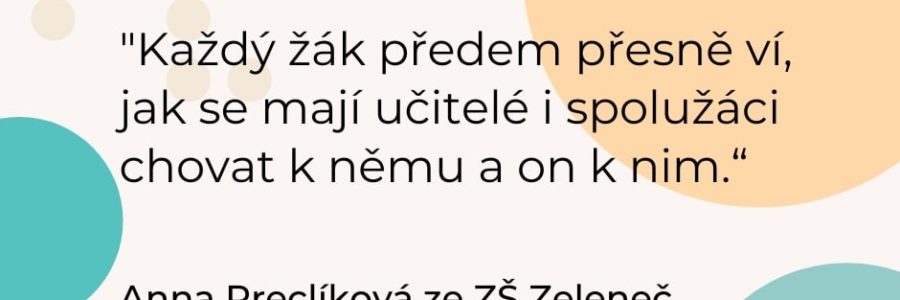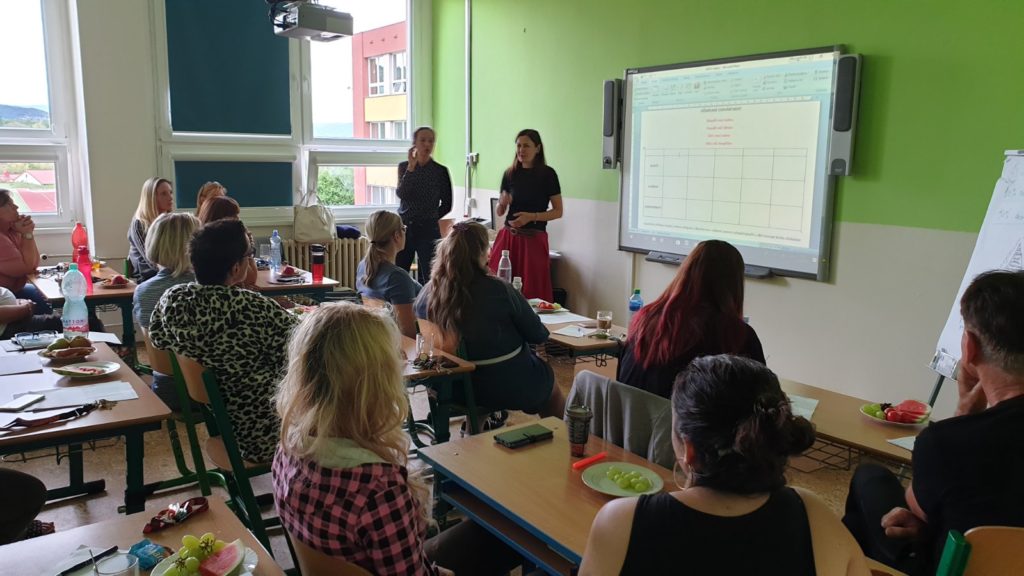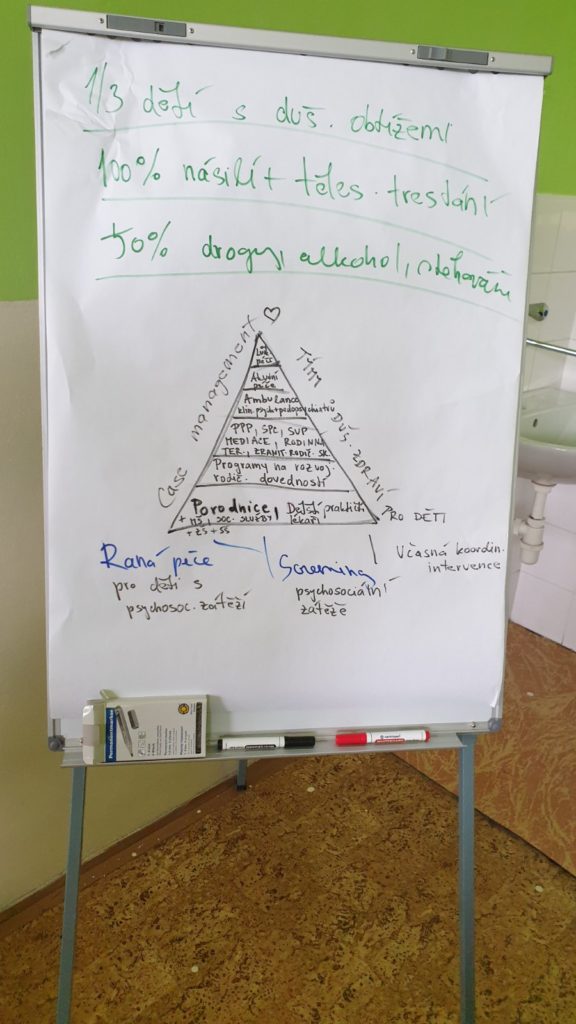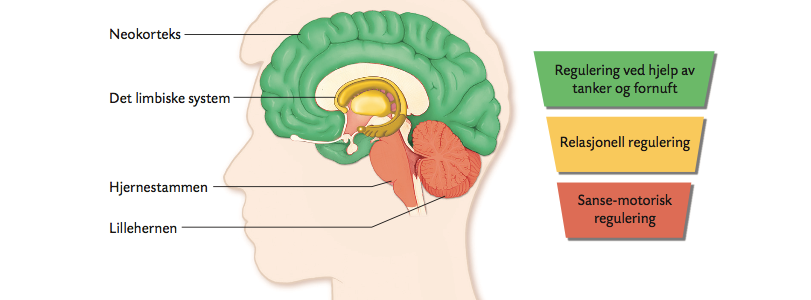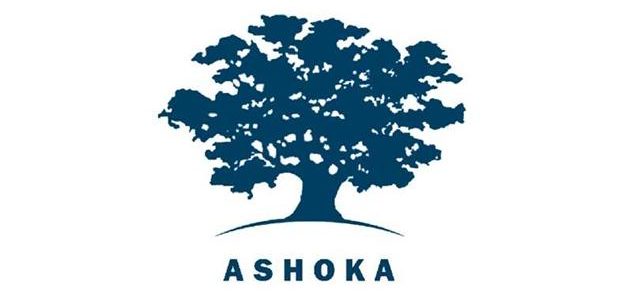Since this summer, we have been piloting the implementation of the PBIS framework at three Czech primary schools, in Most-Chánov, Velvary and Zeleneč. PBIS originated in the 80’s in the USA and is now used in dozens of other countries around the world. Thanks to the Schools Helping Vulnerable Children project, we bring an evidence-based approach towards children with challenging behavior, that is based on a clear formulation and setting of positive expectations throughout the school.
“We tell all the children what we want them to do. The adopted unified rules relate to safety, responsibility and mutual respect, in all areas of the school, ” Anna Preclíková, a seventh grade class teacher at the Zeleneč primary school, describes for Deník the beginnings of work with this framework. Since summer, her school has had established a four-member PBIS team consisting of teachers, administrators and an educational counselor or special education teacher. They are supporting colleagues in the day-to-day implementation of PBIS and preparing further steps in implementation, after the initial training of the entire faculty done by ČOSIV. A key part of the PBIS is shifting attention to expected behaviors and reinforcing appropriate behaviors.
The whole article is available here.
More about the PBIS system and the pilot implementation is on the website www.pbiscr.cz
The project is being supported by the Committee of Good Will – the Olga Havel Foundation from the Active Citizens Fund. The programme promotes citizens’ active participation in the public life and decision making and empowerment of vulnerable groups. The Active Citizens Fund is financed from EEA and Norway Grants.
